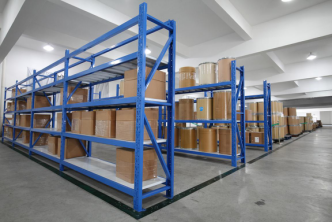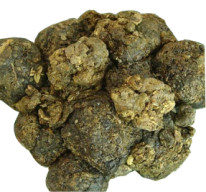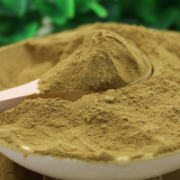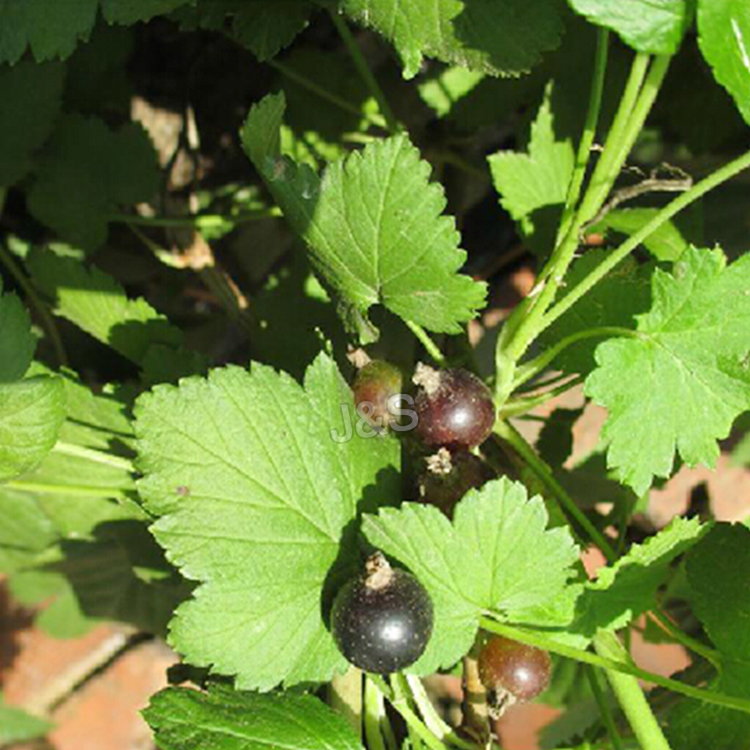Wholesale price for Organic Propolis powder Factory in Algeria
Wholesale price for Organic Propolis powder Factory in Algeria Detail:
[Products Name] Propolis powder, Propolis extract powder
[Specification]
Propolis content 60%,70%,80%
Water-soluble propolis powder 60%,70%,80%
[Gerneral feature]
1. Low antibiotics
2. Low PAHs, can approve to 76/769/EEC/German:LMBG;
3.Organic certified by ECOCERT, according to EOS & NOP organic standard;
4.Pure natural propolis;
5.High content of flavones;
6.Anti-block;
7. Manufacturer supply.
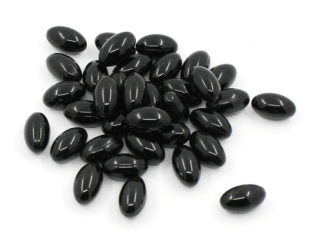

[Packaging]
1. 5kg/aluminum foil bag, 25kgs/carton.
[How to get it]
First, we collect raw propolis from beehives, then extract by low temperature with ethanol. Filter and concentrate, we get the pure propolis block at 98%. Then Low temperature crushing, adding edible and medicinal excipients, finally we get propolis powder.
[Introduction]
Propolis comes from the substance like natural resin, which is collected by the bees from exudates of plants branches and bud the chemical substances of Propolis are found to be various, such as beeswax, resin, incense lipids, aromatic oil, fat-soluble oils, pollen and other organic matter. Studies have shown that the source of propolis resin in material has three types: bees collected plants secreted fluid, secretion in vivo metabolism of bee, and involvement in the process of forming the material.
We can supply Propolis Extract with food-grade and medicine-grade .The raw materiall is came from non-polluting food grade propolis .Propolis extract was made of high-grade propolis. It maintains the propolis effective ingredients during the procedure of extraction under constant low temperature , taking off the useless substances and sterilization.
[Function]
Propolis is a natural product processed by bees mixed with glutinous and its secretion.
Propolis contains more than 20 kinds of useful flavonoids, rich vitamins, enzymes, amino acids and other microelements, etc. Propolis is called “purple gold” owing to its valued nutrients.
Propolis can remove free radical, lower blood sugar and blood fat, soften blood vessels, improve micro-circulation, enhance immunity, anti-bacteria and anti-cancer.
Product detail pictures:

Related Product Guide:
The organization keeps for the procedure concept "scientific administration, superior quality and effectiveness primacy, shopper supreme for Wholesale price for Organic Propolis powder Factory in Algeria , The product will supply to all over the world, such as: Mexico, Hyderabad, Malaysia, We have more than 200 staff including experienced managers, creative designers, sophisticated engineers and skilled workers. Through hard work of all employees for the past 20 years own company grew stronger and stronger. We always apply the "client first" principle. We also always fulfill all contracts to the point and therefore enjoy excellent reputation and trust among our customers. You are very welcome to personally visit our company.We hope to start a business partnership on the basis of mutual benefit and successful development . For more information please do no hesitate to contact us..
https://www.adameve.com/t-piggyback-ginsu.aspx?sc=REVIEW50&cm_mmc=ProdRev-_-piggyback-_-OP-_-REVIEW50Limited-Time Offer! Get 50% Off on just about ANY item plus a Mystery Gift, 3 Free Bonus DVDs, and Free Shipping on your entire order. Make sure to use the Coupon Code ‘REVIEW50’ at the checkout at https://www.adameve.com/t-piggyback-ginsu.aspx?sc=REVIEW50&cm_mmc=ProdRev-_-piggyback-_-OP-_-REVIEW50
Masturbation sex toys are the best way to stimulate penis to have stronger erection and have longer penis size. Undoubtedly, more and more men want to stimulate their cocks with the use of of this dick sleeve that acts as a masturbator stroker toy.
Penis sleeve is best used when masturbating to feel the girth and textured nibbles inside the male enhancement sex toy. Male stroker can also be used during foreplay to ensure great endurance of penis during genital penetration.
Get this penis extender at Adam and Eve Sex Toys Shop!!! HURRY and DO NOT FORGET THE COUPON CODE ‘REVIEW50’
Clearly Ample Penis Enhancer
https://www.adameve.com/adult-sex-toys/penis-enhancers/sp-clearly-ample-penis-enhancer-989
Adam and Eve is the America’s Trusted Store for Adult Products for 45 years!
Adam and Eve Triple Guarantee
No Hassle 90 Days Return
Discreet Billing and Shipping
24/7 Customer Service
Dr. Lamm’s presence brought the crowd to their feet as he talked about Pycnogenol, the key ingredient to Champion Blend Plus which helps excel the recovery of exercise. Pycnogenol promotes a healthy circulatory system, promotes recovery, and assists in endurance. Champion Blend Plus is tailored to athletes, but beneficial to everyone because, as Dr. Lamm said “Life is an athletic event.”
The product manager is a very hot and professional person, we have a pleasant conversation, and finally we reached a consensus agreement.
